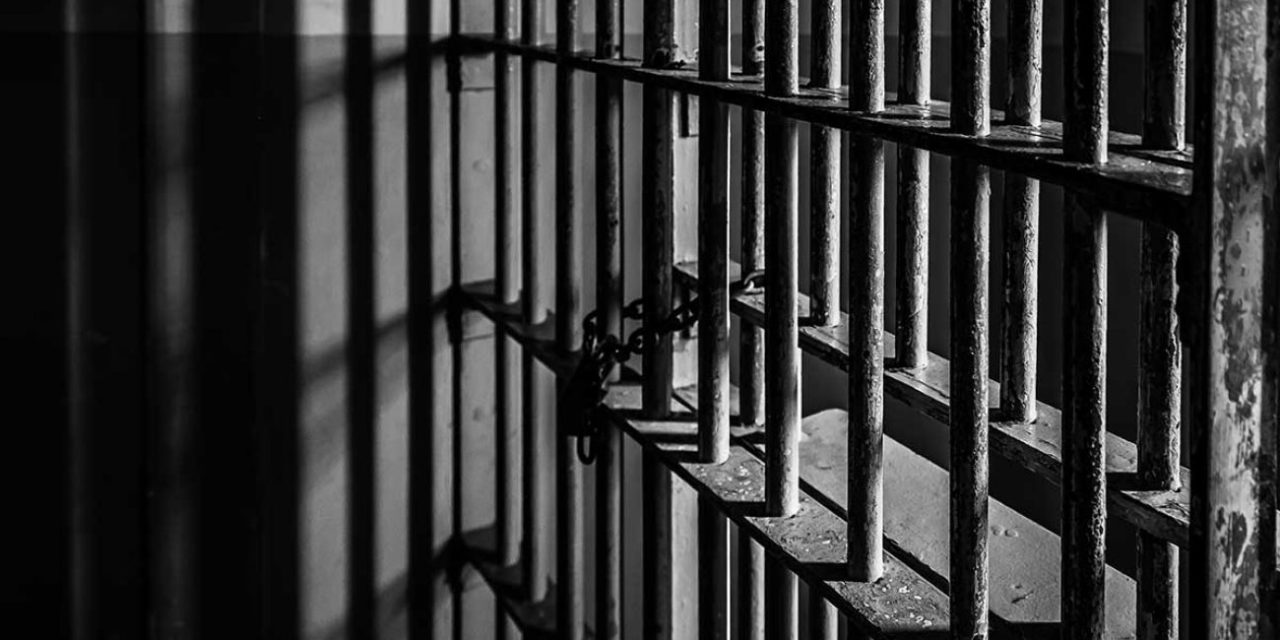By Sergio
LANSING — As Michigan’s redistricting panel prepares to approve new legislative boundaries this month, some activists say proposed maps give rural areas outsized clout because of how inmate populations are counted.
Even though the roughly 35,000 people serving sentences in Michigan prisons can’t vote, they are counted as residents of prisons where they are held for purposes of representation.
Opponents call that “prison gerrymandering” because it inflates the population — and power — of smaller communities. Activists want inmates to follow the lead of Pennsylvania and count inmates as residents of their home address, which are more likely to be urban areas like Detroit.
“Districts where they’re incarcerated get more representation — white rural districts, whereas urban districts that have more people of color tend to lose representation and tend to have just less of a voice in their government,” said Mike Wessler, communications director for the Prison Policy Initiative, a criminal justice nonprofit opposed to mass incarceration.
Any change would require legislative approval, though, and neither the Legislature nor Michigan Independent Citizens Redistricting Commission have taken up the cause.
Edward Woods, spokesperson for the 13-member redistricting panel, said the group is “following the U.S. Census policy that residence is where the inmate is located” and lawmakers would have to make the change.
Sen. Sylvia Santana, D-Detroit, introduced legislation that would require the Michigan Department of Corrections to report individual pre-incarceration addresses for purposes of redistricting — which could have allowed the commission to incorporate the information into maps.
Sponsor
The bill never got a hearing.
“I just see it being something that’s being railroaded because (Republicans) know that the action for power shifting in a different direction would occur if those numbers were accounted for back in the proper locations of where those hosts resided prior to them being incarcerated,” Santana said.
Abby Mitch, spokesperson for Senate Majority Leader Mike Shirkey, said the issue is more complicated. Any change would require the creation of a different set of data and, by law, districts are created using data from the decennial U.S. Census.
“It’s unfair the argument that it’s purely about politics,” Mitch said. “I think the confusion lies in do you want to create two different sets of Census data?”
Advocates point out that, while one law says Michigan should abide by the census for redistricting, state election law states “an elector does not gain or lose a residence while … confined in a jail or prison.”
Rep. Sara Cambensy, D-Marquette, represents an Upper Peninsula district that includes three prisons.
“In the U.P., we always feel like we have 33 percent of the landmass in the state, and only four legislators,” Cambensy said. “Our issues are so different, just because of how rural we are, and, you know, our prisons aren’t the higher populated ones.”
Why it matters
But advocates say the issue cuts to the core of democracy’s promise that everyone receives equal representation.
State House districts are comprised of about 91,600 residents, and communities with a state prison get a headstart on reaching that number.
In mid-Michigan, for instance, prison inmates account for more than 40 percent of the population of St. Louis (7,100) and Ionia (11,000), according to census and state numbers.
Almost 2 percent of the population of the Upper Peninsula, 300,000, are in state prisons (5,400).
In maps proposed by the redistricting commission, two House districts had so many incarcerated people that they would fall below the population threshold for districts if the inmates were counted differently, according to Rory Kramer, a professor of sociology and criminology at Villanova University, who analyzed the maps with his colleague Brianna Remster.
One district covered Menominee, Delta, Schoolcraft, Luce and Chippewa counties in the Upper Peninsula, while another one included Jackson, which has four prisons.
“The districts that do benefit from prison gerrymandering are disproportionately white,” Kramer told Bridge Michigan.
The redistricting commission, which was formed by voters in 2018, is expected to approve legislative boundaries for the state House and Senate and Michigan’s congressional delegation when it meets in Lansing on Dec. 28.
Read the Full StorySubscribe to One Detroit’s YouTube Channel & Don’t miss One Detroit Mondays and Thursdays at 7:30 p.m. on Detroit Public TV, WTVS-Channel 56.
Catch the daily conversations on our website, Facebook, Twitter @DPTVOneDetroit, and Instagram @One.Detroit
View Past Episodes >
Watch One Detroit every Monday and Thursday at 7:30 p.m. ET on Detroit Public TV on Detroit Public TV, WTVS-Channel 56.





